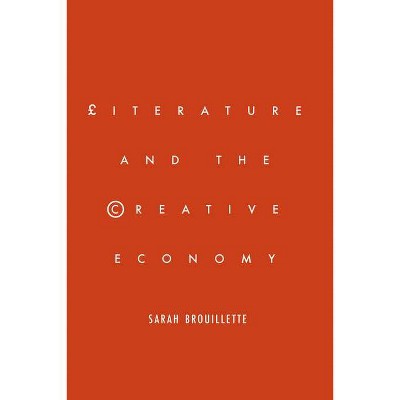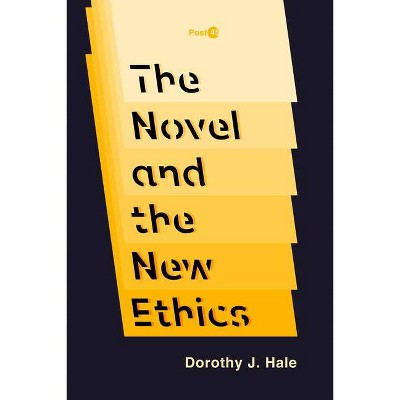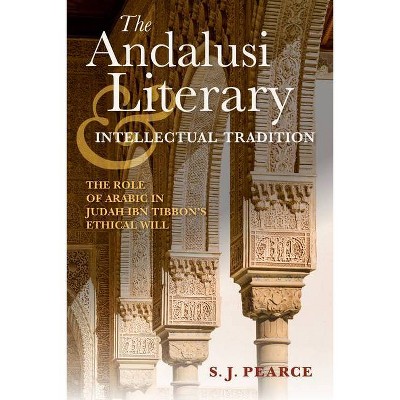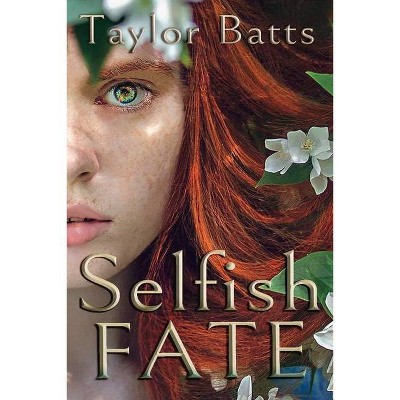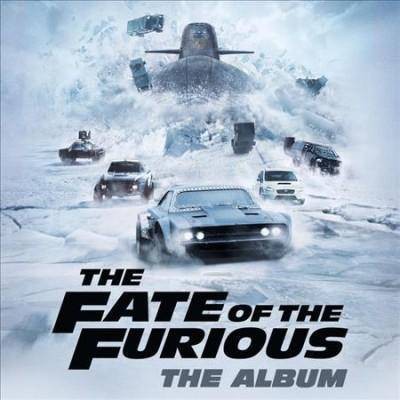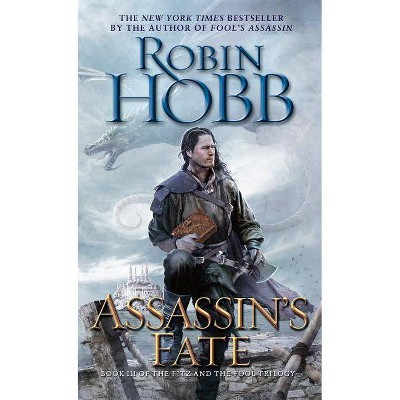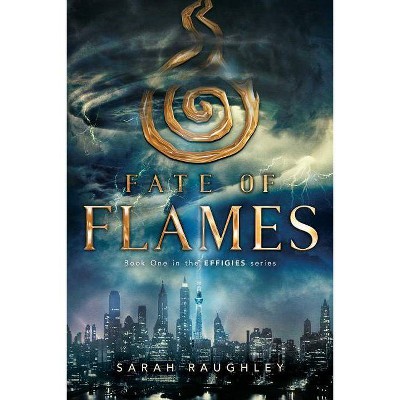UNESCO and the Fate of the Literary - (Post*45) by Sarah Brouillette (Paperback)
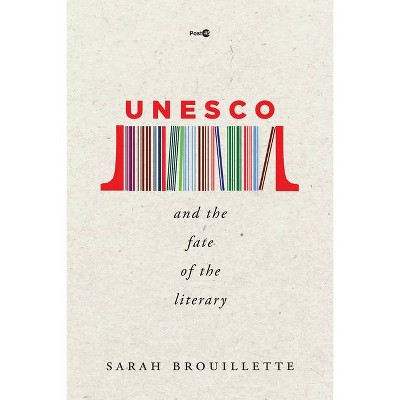
Similar Products
Products of same category from the store
AllProduct info
<p/><br></br><p><b> About the Book </b></p></br></br>Focusing on its literary programming in particular, this UNESCO study shines a light on the close relationship between state-backed economic development and the global postwar cultural policy establishment.<p/><br></br><p><b> Book Synopsis </b></p></br></br>Focusing on its literary programming in particular, this study of UNESCO shines a light on the close relationship between state-backed economic development and the global postwar cultural policy establishment.<p/><br></br><p><b> Review Quotes </b></p></br></br><br>Brouillette brings to our attention a signal institution of postwar global culture, one that has been all but entirely ignored in previous studies of world literature. In her impressive and bracingly severe account, UNESCO becomes an institutional lens through which we can see the much larger and more powerful set of economic realities that have shaped our sense of what role literature should play in the world at large.--Mark McGurl "Stanford University"<br><br>In her probe of UNESCO's transformations, Sarah Brouillette skewers the complacency of the reading class. Readers of this book, all of whom will be members of this class, will be enlightened, troubled, and perhaps mortified by their participation in the consolations of the literary world, including its most critical and politically aware corners. Brouillette's analysis is both necessary and devastating.--Wendy Griswold "Northwestern University"<br><br>Sarah Brouillette's excellent new book, <i>UNESCO and the Fate of the Literary</i>, grounds the category of 'world literature' in the only literary institution capable of matching the concept's scale....[Her] book is a powerful argument for the modest power of literature, however long it lasts.--Christopher Findeisen "<i>Los Angeles Review of Books</i>"<br><br>This book adds another dimension to Brouillette's already impressive scholarship on postcolonial literature and the global economic downturn. With bracingly rigorous yet refreshingly traditional methodology, she provides a bravura demonstration of nuanced, non-reductive Marxist analysis.--Stephen Schryer "University of New Brunswick"<br><p/><br></br><p><b> About the Author </b></p></br></br><b>Sarah Brouillette</b> is Professor of English at Carleton University and the author of <i>Literature and the Creative Economy</i> (Stanford, 2014).
Price History
Price Archive shows prices from various stores, lets you see history and find the cheapest. There is no actual sale on the website. For all support, inquiry and suggestion messagescommunication@pricearchive.us
